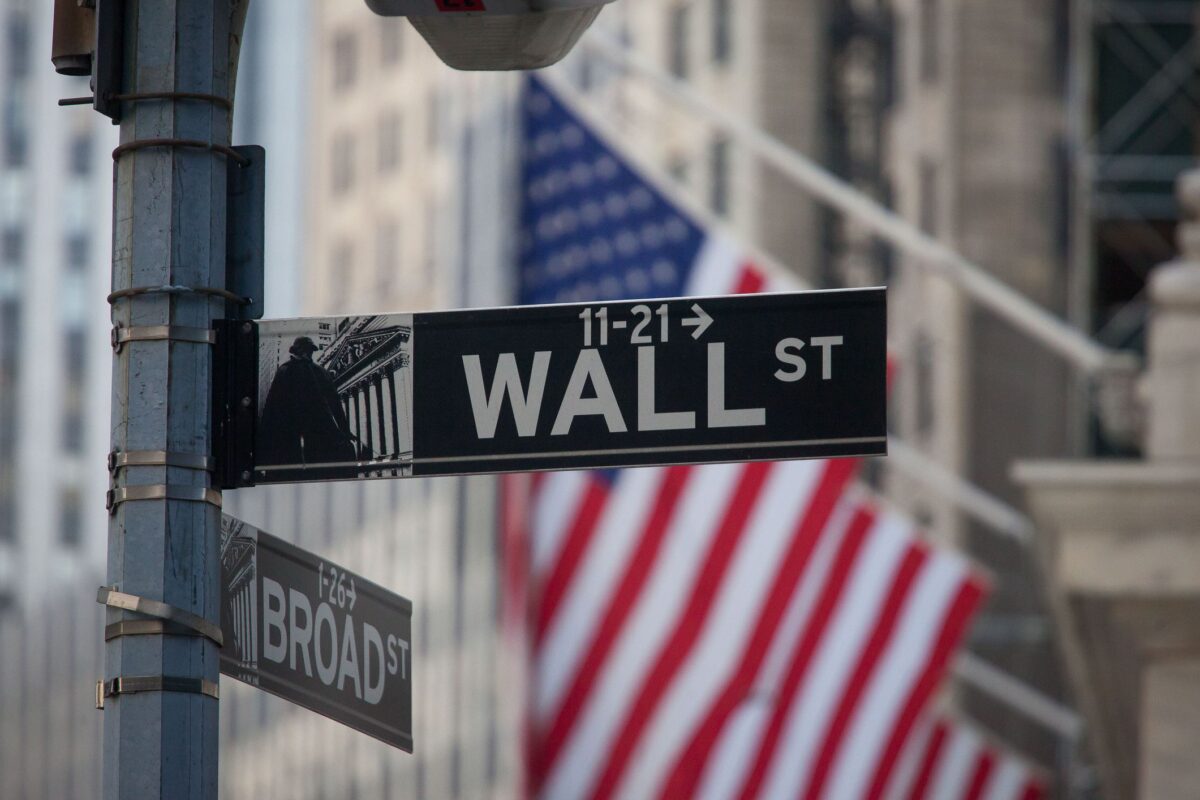Wall Street Eyes Joint Stablecoin as U.S. Regulation Advances
23.05.2025 22:00 1 min. read Alexander Stefanov
Several of America’s largest banks—including entities tied to JPMorgan, Bank of America, Citigroup, and Wells Fargo—are exploring the creation of a shared stablecoin, according to sources familiar with the discussions.
Early Warning Services (Zelle’s parent company) and The Clearing House are also reportedly involved.
The project is still in its early stages and may evolve depending on regulatory developments and market demand. None of the institutions have issued formal statements.
The talks come just as the U.S. Senate advances the GENIUS Act, a bill aimed at regulating stablecoin issuance and ensuring AML compliance. Crypto advisor David Sacks anticipates bipartisan support for its passage.
However, the legislation has sparked controversy. Democrats are proposing amendments to block Donald Trump and other officials from profiting, following the launch of USD1, a Trump-backed stablecoin introduced in March.
With regulation on the horizon, major banks appear to be preparing for a stablecoin future—on their own terms.
-
1
Fiserv to Launch FIUSD Stablecoin Across Its Massive Banking Network
23.06.2025 21:00 1 min. read -
2
Mastercard Integrates Chainlink to Power Direct Crypto Access for Cardholders
25.06.2025 18:00 1 min. read -
3
Robinhood to Launch Tokenized Shares of OpenAI and SpaceX for European Users
01.07.2025 11:00 2 min. read -
4
BIS Slams Stablecoins, Calls Them Ill-Suited for Modern Monetary Systems
26.06.2025 9:00 1 min. read -
5
Robinhood Expands Crypto Futures With XRP and Solana Micro Contracts
28.06.2025 13:00 2 min. read
Largest Bank in Hong Kong Explores Digital HKDollar in new project
HSBC took a major step in digital currency innovation by concluding experimental trials under the HKMA’s Project e-HKD+.
Alibaba Founder-Backed Ant Group to Integrate USDC Stablecoin
Ant Group’s international arm, backed by Alibaba founder Jack Ma, is preparing to integrate Circle’s USDC stablecoin into its proprietary blockchain payment network.
Emirates to Integrate Crypto.com Pay in 2025: A New Era of Airline Payments
Emirates Airline has taken a bold step toward embracing digital finance by signing a Memorandum of Understanding (MoU) with leading cryptocurrency platform Crypto.com.
Volkswagen Taps Solana-Based Service for Real-Time Robotaxi Navigation
Volkswagen’s autonomous driving division, Volkswagen ADMT, has announced a data-sharing partnership with Bee Maps, a cutting-edge spatial intelligence service built on the Solana blockchain.
-
1
Fiserv to Launch FIUSD Stablecoin Across Its Massive Banking Network
23.06.2025 21:00 1 min. read -
2
Mastercard Integrates Chainlink to Power Direct Crypto Access for Cardholders
25.06.2025 18:00 1 min. read -
3
Robinhood to Launch Tokenized Shares of OpenAI and SpaceX for European Users
01.07.2025 11:00 2 min. read -
4
BIS Slams Stablecoins, Calls Them Ill-Suited for Modern Monetary Systems
26.06.2025 9:00 1 min. read -
5
Robinhood Expands Crypto Futures With XRP and Solana Micro Contracts
28.06.2025 13:00 2 min. read


